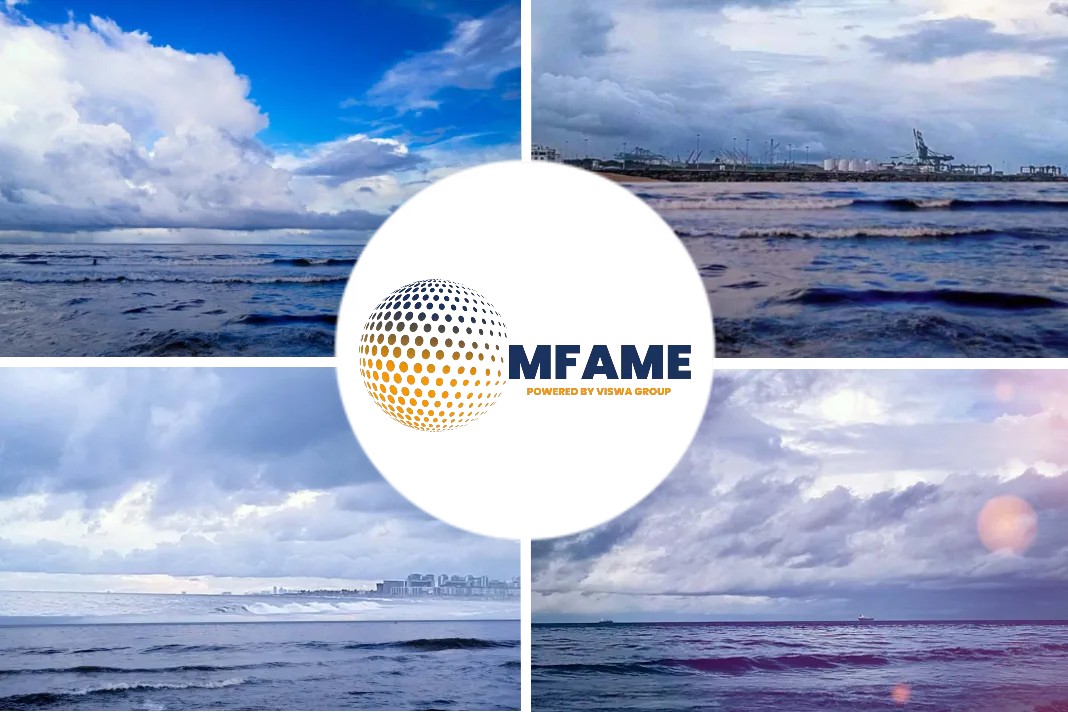In addition to the regular application to a vessel’s main bunker fuel, fuel additives are being regularly applied to fuels in lifeboats, claims Innospec.
Why?
The prospect of emergency equipment not functioning during an emergency situation is a very real and daunting one, and neglect to consider the quality of the fuels used could prove deadly. As per ISO8217, DMX grade fuel is typically associated with emergency equipment, having a higher cetane, lower density, and better cold flow properties. However, DMX is hard to come by and therefore normal DMA grade MGO is typically used in this application. DMA is prone to aging through oxidation stability and produces gums and sediments which will block filters. The cold flow properties of DMA are also a concern, the pour point being within specification and yet the fuel blocks the filters at a considerably higher temperature. This is due to the CFPP (cold filter plugging point) being too high.
Octamar™ LI-5 Plus is a multifunctional additive which contains a stabilizer to drastically slow the complex aging process in MGO. Octamar™ Winter is a cold flow improver which will reduce CFPP and Pour point by >10°C. Both products have been independently verified by Lloyds Register to assure performance, and available throughout the network in 25-litre pails. As per SOLAS regulations, engines used in emergency equipment should be tested on a weekly basis. But please remember, they are typically operated for only a few minutes, and critically, the filter blocking issues mentioned may take a little more time to manifest. Don’t compromise safety and fleet integrity. Assure your fuel quality, with Octamar™.
Disclaimer: The above news is from Innospec and not necessarily from MFAME/Viswa Lab. This news item has to be considered only for information purpose, Viswa Lab or MFAME is not liable/responsible for the details of the contents published here.
Did you subscribe for our daily newsletter?
It’s Free! Click here to Subscribe!
Source: Innospec Fuel Watch


















